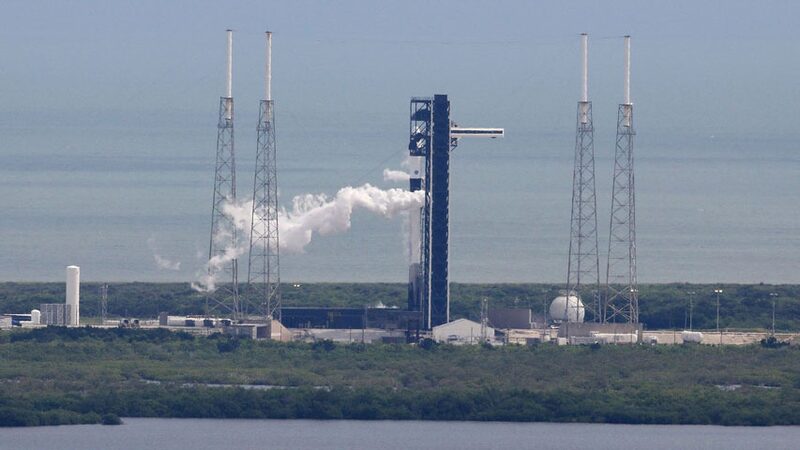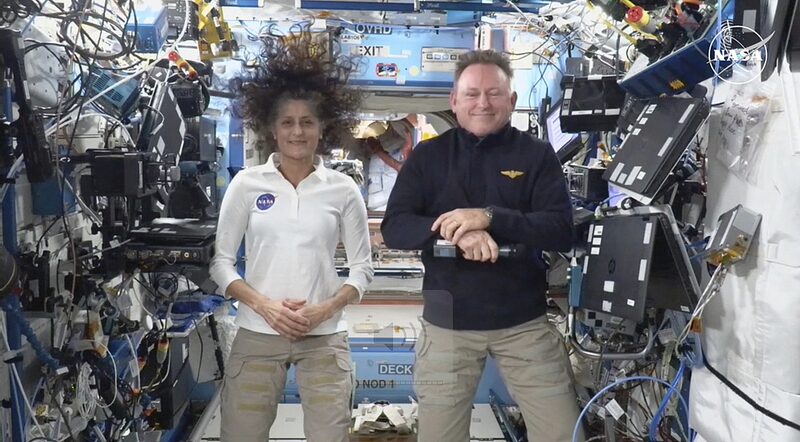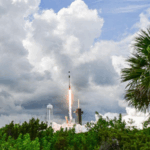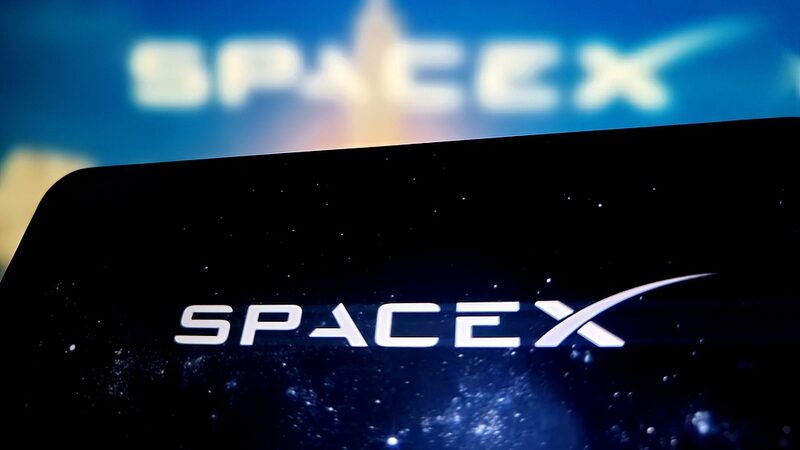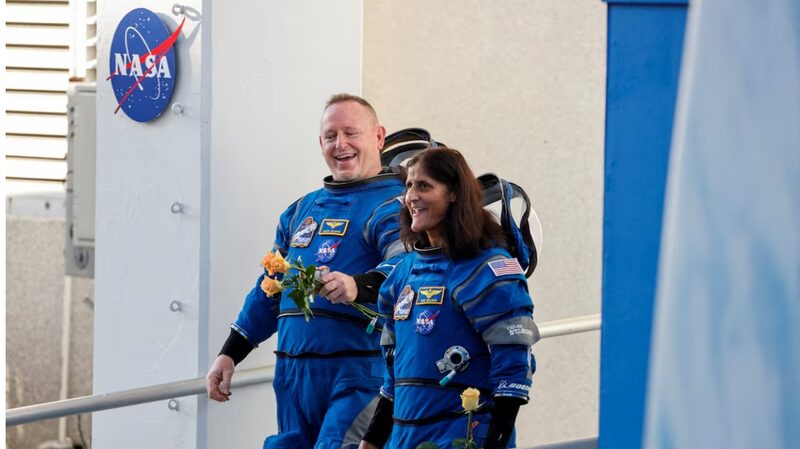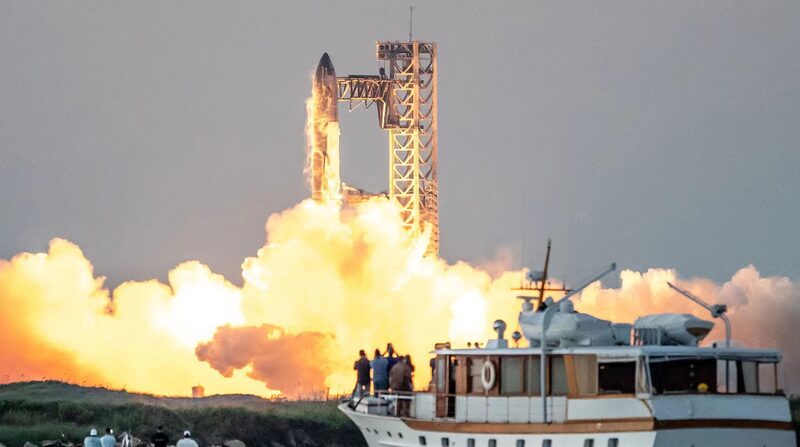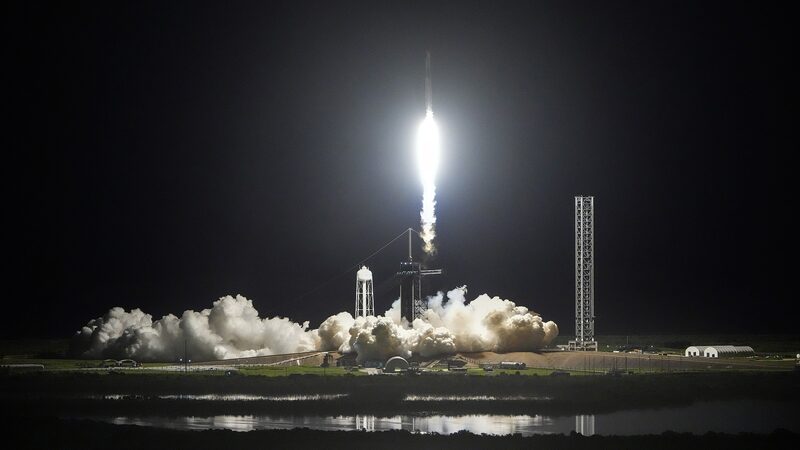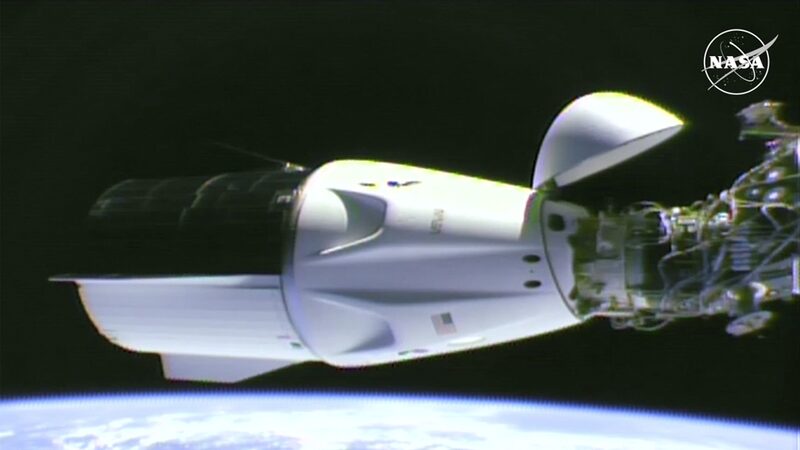The U.S. Federal Aviation Administration (FAA) announced on Monday that SpaceX must conduct an investigation into a malfunction that occurred with the second stage of its Falcon 9 rocket during a NASA astronaut mission on Saturday. This grounding marks the third time in three months that the Falcon 9 has been sidelined.
On Saturday, SpaceX successfully launched two astronauts to the International Space Station (ISS) for NASA. However, the rocket’s second stage, which is responsible for boosting the crew further into space, failed to properly re-light its engine for the “deorbit burn”—a routine procedure designed to discard the booster into the ocean after completing its mission.
Despite the malfunction, the astronaut crew arrived at the ISS safely on Sunday as planned. The FAA confirmed that there were no injuries or property damage associated with the booster incident.
The failed deorbit burn caused the booster to fall into an unintended region of the Pacific Ocean, outside the designated safety zone approved by the FAA for the mission. SpaceX acknowledged the issue, stating that the booster “experienced an off-nominal deorbit burn. As a result, the second stage safely landed in the ocean, but outside of the targeted area.”
“We will resume launching after we better understand root cause,” SpaceX wrote in a post on X, formerly known as Twitter.
This incident is the third in as many months to trigger an FAA grounding. Prior to this series of events, such groundings were rare for the Falcon 9, a cornerstone of SpaceX’s operations and a critical asset for space access in the Western world.
In July, a second-stage issue during a Falcon 9 mission sent a batch of SpaceX-built Starlink satellites on a destructive orbital path, marking the company’s first mission failure in over seven years. SpaceX resumed Falcon 9 flights 15 days later. In August, another grounding occurred when a Falcon 9 first stage failed to land back on Earth, though the mission itself was successful. The company returned to flight three days after that incident.
SpaceX is expected to seek FAA approval to resume flights while its engineering team investigates the root cause under the FAA’s oversight. The agency regulates rocket launches and re-entries to ensure public safety.
Since the beginning of 2024, SpaceX has launched an average of two to three rockets a week. The Falcon 9’s first stage is reusable, but its second stage is not.
This grounding comes at a tense time for SpaceX and the FAA. The two entities have been openly disputing the pace of launch licensing regulations and recent fines imposed on SpaceX by the FAA for allegedly violating its Falcon launch licenses in 2023. SpaceX has publicly complained that the FAA has been slow to approve the license for Starship’s fifth flight test, which involves far more ambitious testing objectives than previous flights.
Reference(s):
U.S. grounds SpaceX's Falcon 9 rocket for a third time in three months
cgtn.com
